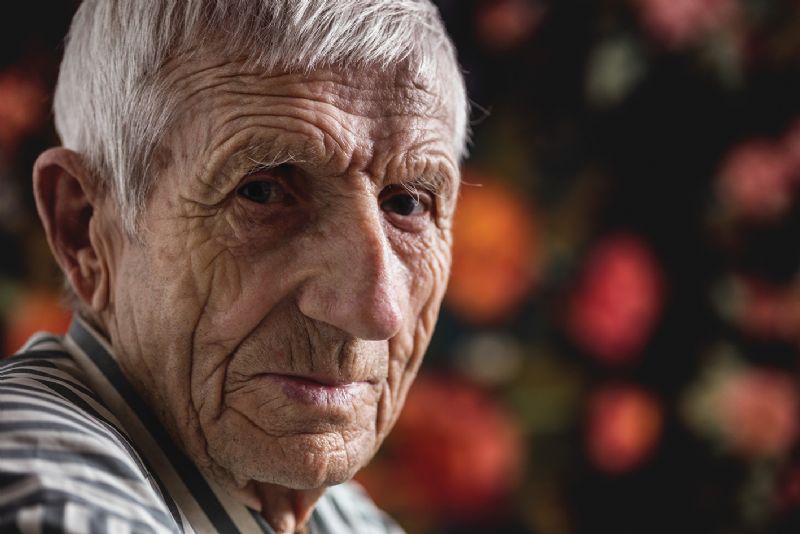- Home
- News, Articles & Reviews
We are hiring! Please click here to join our growing magazine delivery team in Gloucestershire!

Loneliness in isolation
All Areas > Health & Beauty > Medical Health
Author: Holly Hannigan, Posted: Friday, 7th August 2020, 11:00
Due to the current situation, many people have found themselves lacking in one of the basic core human needs – physical connection with other humans.
We are wired from birth to have connection, along with the need for water, food and shelter. Through human evolution we have developed into even more social beings and need to feel a sense of connection and belonging.
In the past, dependence on and cooperation with other people enhanced our ability to survive. Lack of such connections can lead to problems including loneliness, which can become a pervasive and chronic condition with serious mental and physical conditions. These can include:
• Depression – prolonged periods of sadness, loss of interest in previously enjoyable activities
• Substance abuse – commonly alcohol or drugs
• Poor sleep and lack of appetite – difficulty falling asleep or being restless through the night
• Suicidal thoughts and self-harm behaviour
• Impaired immune system – meaning you are more susceptible to infections
• Heart disease and stroke
• Neurodegenerative diseases such as Alzheimer’s
Many people who have been told they are ‘high-risk’ of complications during this pandemic have been self-isolating or shielding alone for over three months now. Particularly the elderly, who are already at risk of loneliness.
Technology can’t replace human contact
Technology has played a wonderful part in helping us stay connected during this time, however it is no where near as beneficial as physical human contact. Being able to mirror and read body language and feel the energy in a room from another person is more beneficial than often realised.
The importance of social connection is so strong that when we are rejected or experience other social pain, our brains ‘hurt’ in the same way they do when we feel physical pain. We don’t expect someone with a broken leg to ‘just get over it’. Yet when it comes to the pain of social loss, this is a common and mistaken response.
It is important that we work hard to make sure that those human connections form again as soon as possible and make the effort to assist those who we know have been isolating alone.
Even if social distancing remains in place for the foreseeable future for the ‘high risk’ group, then just being able to sit across a table from them and talk face to face, to share a coffee or bring a picnic and eat a meal together will be so powerful.
Help someone isolated to feel connected
Focusing on ‘what you can give to others’ is a proven way to feel both better about yourself and more connected to others. So even if you can only pass by for a 10 minute doorstep call, that will be enough to help someone isolated to feel connected and reduce their risks of long term physical and mental health problems due to loneliness.Copyright © 2025 The Local Answer Limited.
Unauthorized use and/or duplication of this material without express and written permission from this site's author and/or owner is strictly prohibited. Excerpts and links may be used, provided that full and clear credit is given to The Local Answer Limited and thelocalanswer.co.uk with appropriate and specific direction to the original content.More articles you may be interested in...


© 2025 The Local Answer Limited - Registered in England and Wales - Company No. 06929408
Unit H, Churchill Industrial Estate, Churchill Road, Leckhampton, Cheltenham, GL53 7EG - VAT Registration No. 975613000You are leaving the TLA website...
You are now leaving the TLA website and are going to a website that is not operated by us. The Local Answer are not responsible for the content or availability of linked sites, and cannot accept liability if the linked site has been compromised and contains unsuitable images or other content. If you wish to proceed, please click the "Continue" button below:




